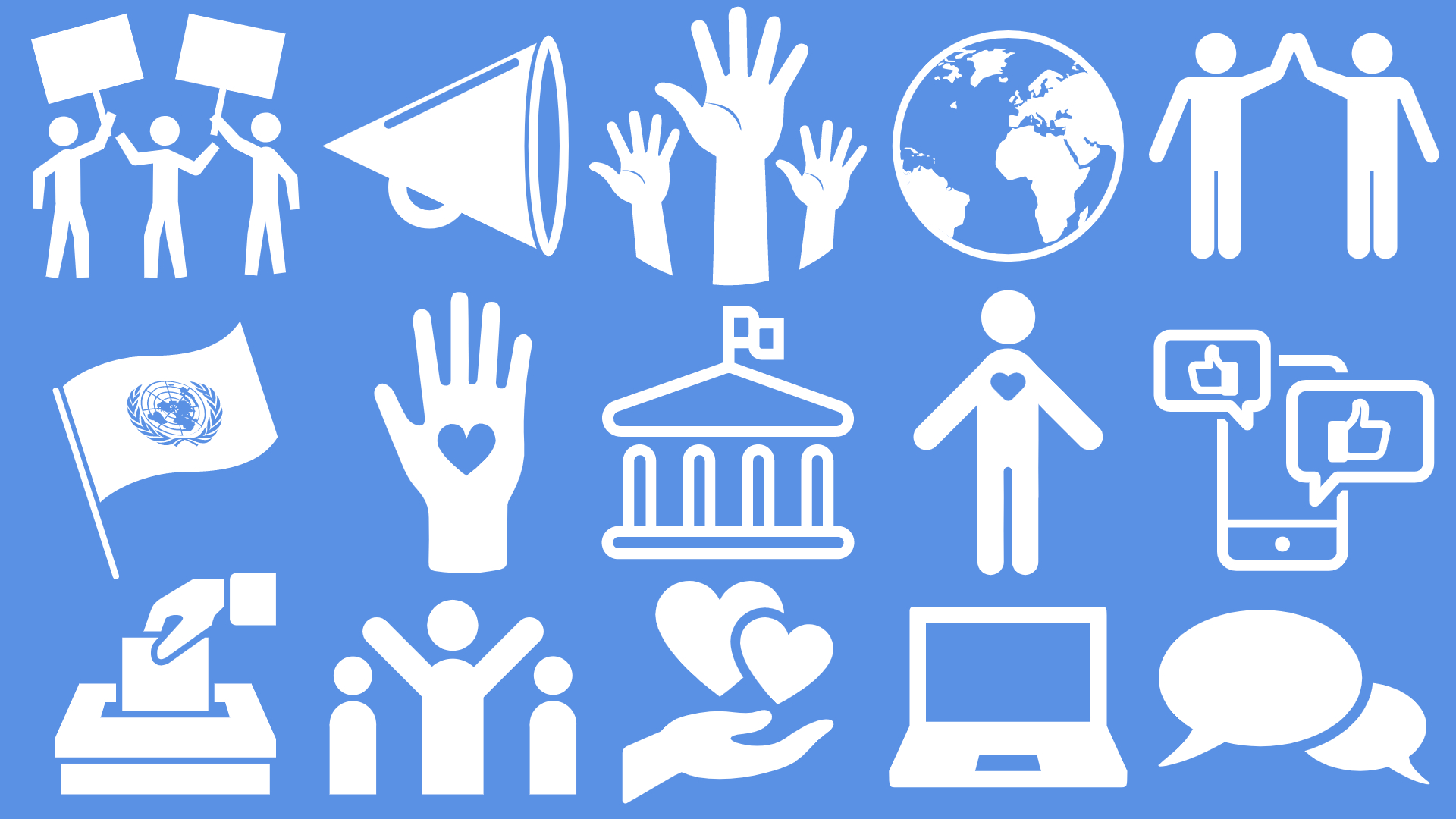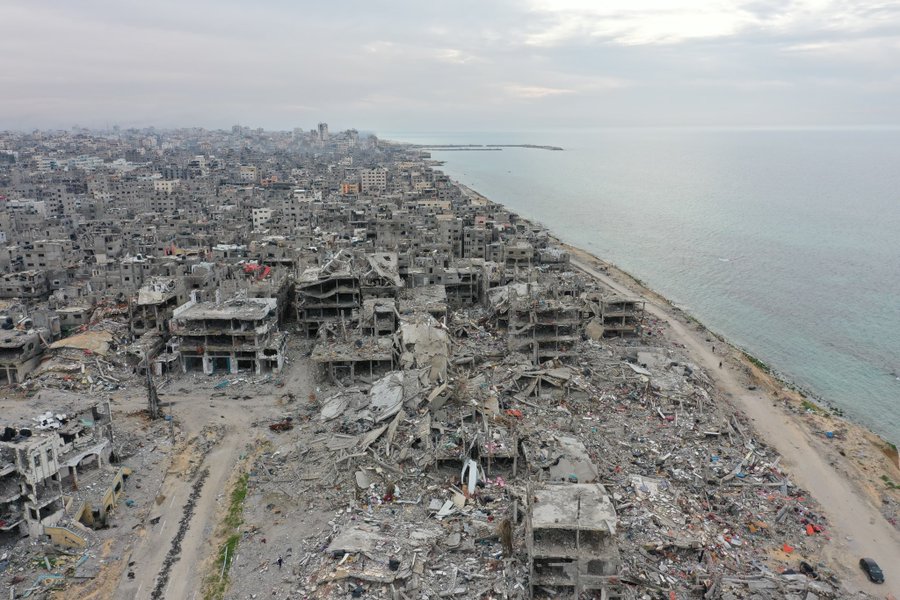Young Voices on Youth Leadership and UN Engagement
It has been a core goal of my Youth Observer term to hear directly from young people how we should approach youth engagement with the United Nations. At the start of my term, I launched the Youth Observer Listening Tour, a coordinated effort to host 100+ small group conversations to connect with young people. Below, I’ve listed my top takeaways from these discussions. I will use these to inform the remainder of my term as Youth Observer, and hopefully guide the work of future Youth Observers to meet the needs of young people and encourage youth participation in the work of the United Nations.
Knowledge about the UN and SDGs: Many students have an understanding of the UN through specific coursework or popular culture, but for others, the work of the UN felt distant and intangible.
We heard from young people that they knew about the UN from learning about it in school or having direct connections to the UN, such as having a family member or family friend affiliated with the UN. Many spoke about experiences with Model UN but did not gain a strong understanding of the role that the UN plays for the United States.
Over the next few months, we look forward to focusing on education around the United Nations and the Sustainable Development Goals through workshops and social media content to close this gap.
Topics of Concern: The global issues over which young people expressed the most concern were education, inequality, climate change, and peace and security.
For the young people who participated in the listening tours, the following Sustainable Development Goals were of top priority: SDG 4: Quality Education, SDG 10: Reduced Inequalities, SDG 13: Climate Action and SDG 16: Peace, Justice and Strong Institutions. These priorities aligned with the insights gained from UNA-USA’s UN75 consultations.
“Young people are the key to achieving the SDGs.”
Over the next few months, we will be highlighting opportunities for young people to deepen their understanding and engagement with these SDGs, how they align with systemic local inequalities, and further provide pathways to understand the interconnected nature of the SDGs.
Connection to the Global Community: Young people brought up personal connections, storytelling, and digital platforms as methods to connect to a global community.
We heard about the importance of personal connections to foster global citizenship. Those who have had engagements abroad or those with connections to international friends, family, or causes felt most connected to global issues.
“If we do focus on something and help in any way that we can, coming together as a whole, we can make a difference.”
A common theme in terms of connecting across borders was the maintenance and efficacy of digital relationships. Young people shared that by seeing protests in France and New Zealand on social media, it promoted feelings of being part of something larger than themselves and “builds urgency to teach our generation a better way to deal with social issues.”
We look forward to identifying ways we can curate global engagements virtually through programming to involve global youth networks in our work.
Engagement Barriers: One of the greatest barriers to action that young people identified was the lack of understanding of how to scale individual impact that connects in a meaningful way to the UN’s mission and work. Burnout, frustration and paralysis were also mentioned as barriers to engagement.
We heard that we need to limit the barriers of engagement for young people to get involved in their communities. The lack of support or guidance young people receive to make change in their communities was brought up as another crucial barrier to participation. Many leadership programs have low acceptance rates or intensive application processes which limited the ability for large numbers of young people to participate.
Burnout, frustration and paralysis were mentioned as barriers to engagement as well. Many mentioned the need to place an emphasis on self-care. Young people shared that they were feeling overwhelming negativity in relation to global events, and oftentimes lacked the “frameworks and skill sets to evaluate global events and make meaning out of them.”
“There is not enough attention placed onto taking care of yourself while trying to do good.”
We look forward to elevating open access programs and opportunities as well as curating resources to support young people through burnout. Our goal is to compile resources young people can use as guides to create meaningful change using their own gifts and skills.
Gratitude and Next Steps
The listening tour would not have been possible without the tireless work of our volunteer conveners from across the country, hosting conversations in their local communities and bringing young people together across borders. Immense gratitude for their leadership and time.
We’re looking forward to pushing these ideas toward actions — stay tuned for exciting new initiatives that we’ll be sharing soon.




